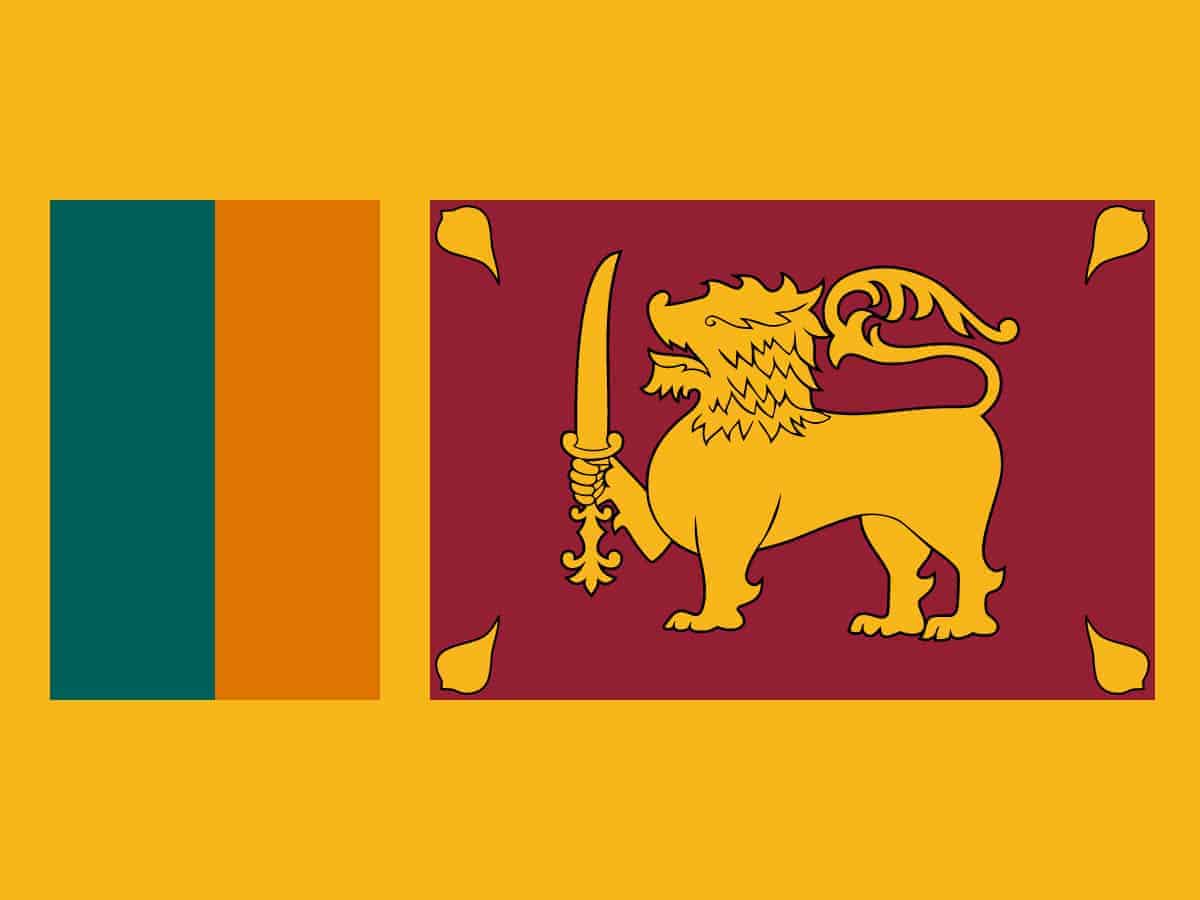
Colombo: Sri Lanka has questioned the timing and the mandate of a report issued by the Office of the United Nations High Commissioner for Human Rights (OHCHR) this week in which it asked the country’s government to ensure accountability for enforced disappearances during the armed conflict with the LTTE.
The OHCHR report issued on Friday said Sri Lanka’s Government must take meaningful action to determine and disclose the fates and whereabouts of tens of thousands of people who have been subjected to enforced disappearance over the decades and hold those responsible to account.
According to the Sri Lankan foreign ministry officials, the ministry would officially write to the OHCHR on its unilateral action to issue a report, particularly its timing.
Sri Lanka was irked by the timing — a day ahead of plans by the Tamil diaspora and kith and kin in the country of those who died during the final battle of the government’s war with the LTTE in May 2009 to commemorate the dead.
Events were held to mark the fifteenth anniversary on Saturday in the former conflict zones and even in the capital Colombo despite fears that government troops would crack down on them citing the proscription of the LTTE as a terrorist outfit.
Tamil groups claimed a large number of civilians had perished during the final battle.
The Liberation Tigers of Tamil Eelam (LTTE) had run a military campaign for a separate Tamil homeland in the northern and eastern provinces of the island nation for nearly 30 years before its collapse in 2009.
On May 18, 2009, the Sri Lankan Army declared victory with the discovery of the body of the dreaded LTTE leader Velupillai Prabakaran.
The Amnesty International Secretary General Agnes Callamard on Saturday was at the site of the final battle in the northeastern district, a day after he met President Ranil Wickremesinghe on Friday.
Despite the passage of nearly 15 years since the end of the armed conflict and many decades since the earliest waves of enforced disappearances, Sri Lankan authorities are still failing to ensure accountability for these violations.
“Accountability must be addressed. We need to see institutional reform for reconciliation to have a chance to succeed,” UN High Commissioner for Human Rights Volker Turk said.
The OHCHR report issued on Friday called for renewed action by Sri Lanka at the domestic level to hold it to account through criminal justice.
The report also called for the international community to be engaged with Sri Lanka for investigation and prosecutions for targeted sanctions.
Sri Lanka holds that the UN High Commissioner for Human Rights (OHCHR) was not mandated by the member states to issue such a report.



